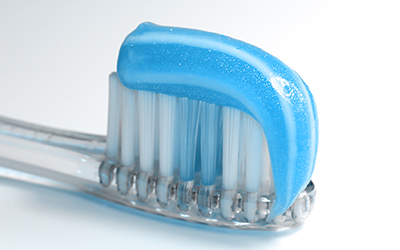Posted on Dec 25, 2023
File ID 139967 | © Martina Misar Tummeltshammer | Dreamstime.com

Fluoride is very well known for its role in dental health, with many dental toothpastes and mouthwashes boasting the mineral on their packaging. Over the years, however, fluoride has become the subject of plenty of misconceptions, which leads to confusion.
Here are some facts and myths about fluoride.
Fluoride is known for its ability to strengthen tooth enamel. It promotes remineralization, a process where minerals like fluoride, calcium, and phosphate help rebuild weakened enamel, preventing tooth decay and cavities. Your dentist will always suggest a fluoride toothpaste if you have weak teeth.
While fluoride can be harmful in large amounts, it is perfectly safe if used at the recommended levels. You will likely never find yourself in a situation where fluoride concentrations go above the optimal, so you don’t have anything to worry about.
There is plenty of research showing that communities with fluoridated water experience lower rates of tooth decay. Fluoride protects the teeth by inhibiting the growth of harmful bacteria and making enamel more resistant to acid.
Fluorosis is a condition that results in the discoloration of tooth enamel. It can occur with excessive fluoride intake during tooth development. However, fluorosis is typically mild and cosmetic, and the risk is significantly low if you are not using it above recommended levels.
Fluoride is considered safe and highly effective in preventing tooth decay when used in recommended amounts. The Centers for Disease Control and Prevention (CDC), the American Dental Association (ADA), and the World Health Organization (WHO) support the use of fluoride in dental care.
Natural fluoride in water does contribute to dental health, but its concentration is too low to make a significant difference. Adjusting the fluoride level helps make it sufficient for the broader population.
Fluoride is widely accessible through fluoridated water, toothpaste, mouthwash, and even professional dental treatments. This makes it practical and cost-effective as a preventive measure for good oral health.
Fluoride is a beneficial mineral for dental health. It’s important to know exactly what it does; therefore, you will not have any misconceptions about its benefits.